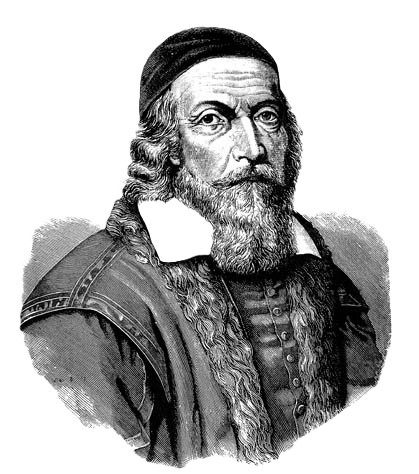Philosophy of Experimental Education

Pansophism, proposed by the educational philosopher Comenius, is an epistemological framework aimed at enabling individuals to acquire comprehensive and extensive knowledge through education, thereby fostering the full development of human wisdom. This theory encompasses two key aspects: the subjects of education and the content of knowledge. At its core, Pansophism advocates teaching all knowledge to all people, in harmony with the natural world. The term "all knowledge" refers to the principles, causes, and applications of the most important aspects of life; thus, people should learn all useful and necessary knowledge for real-life needs. As such, individuals must receive broad and inclusive instruction in order to master a wide range of knowledge.
In Didactica Magna (1632), Comenius strongly opposed the prevailing educational practices of his time, which relied on rote grammar drills and rhetorical exercises. Instead, he emphasized sensory experience as the foundation of learning, proposing a universal system of knowledge that integrates the essence of all fields and delivers it to every individual. This approach was designed to ensure that each learner would acquire knowledge essential to life and grasp the core essence of academic disciplines.
Comenius’ Didactica Magna is recognized as the first educational treatise with a complete theoretical framework in the history of education. He believed that morality and knowledge are inherent in human nature, and that education must nurture these natural endowments. Notably, he asserted that moral education should take precedence over intellectual development, a view often neglected. He criticized the institutions of his time for focusing solely on intellectual progress while ignoring the cultivation of moral life. Furthermore, he warned that misguided educational methods not only wasted time and energy but also compromised students’ moral development.
When discussing moral education, Comenius emphasized the role of modeling—he believed that among the many role models children could learn from, teachers should be held in the highest esteem. He hoped that students would admire their teachers and, through subtle influence, emulate their example, thereby naturally aligning themselves with moral behavior. He proposed that character education should be achieved through good examples, gentle language, and sincere concern for students. This underscores Comenius’s deep emphasis on learning by example, a principle that lies at the heart of his educational thought.
In light of these ideas, our institution believes that education must prioritize moral development, as a solid moral foundation is essential for the healthy development of the individual’s nature.
Comenius’ advocacy of Pansophic education laid the groundwork for modern universal education and continues to have a profound influence on contemporary pedagogy. Since 1990, the European Union (EU) has launched a series of large-scale, integrative education and training initiatives, such as the Socrates Programme, the Lifelong Learning Programme (LLP), and Erasmus+. Among these, the Comenius Programme, focusing on primary and secondary education, embodies two core values rooted in Comenius’ thought: civic awareness and democracy, and international mobility, aiming to foster a European identity in an increasingly globalized world.

